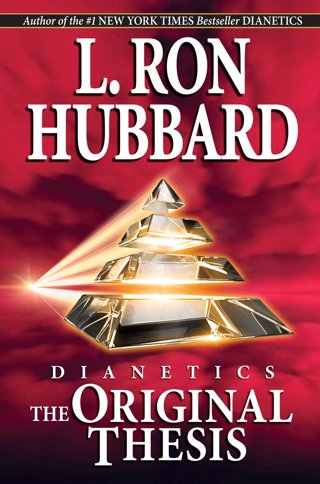Our Dianetics Statements
Our Dianetics Statements
Blog Article
The 9-Second Trick For Dianetics
Table of ContentsAn Unbiased View of DianeticsThe Best Strategy To Use For DianeticsHow Dianetics can Save You Time, Stress, and Money.Some Of Dianetics
I couldn't ever before not desire to obtain anything that enters your mind for you- if it was or else, I would not be resting below with you, doing this. I not only could never ever have an issue, or otherwise desire to listen to something that comes to mind for you, yet I'm totally anxious to know every idea, every thought, every photo or feeling that emerges or shows up for you- do not ever before think otherwise, and if for some factor you do, please just let me understand! Occasionally, you might have an idea, and photo, idea or event pop up that does not appear to respond to the question, or associate to it, however nevertheless, constantly do tell me concerning it, and as we continue, the relevance will certainly emerge for you.This is inherent in the basis of processing, and the subject of this discussion: the fundamental roles of the therapist and the client: The standard role of the counselor is, in contrast to "common training", not to control, which implies to enforce and/or prevent, however to rather work from the basis of EMPOWERING THE CUSTOMER.

Unknown Facts About Dianetics
John Mcmasters expressed this basic reality splendidly well in among his lectures on Power processing, in which he explains exactly how he was asked what this "special flair" was that he had for giving such terrific sessions; he needed to believe concerning that for a moment, and identified that it was what he wasn't doing, along with what he was doing: he had not been assessing, judging, computing, or in fact, generating any kind of ideas, not to mention verbal expressions, after giving the command and while waiting on the PC to complete their response to their contentment; he was, simply and just, being present with the PC, and entirely interested.
The function of the counselor, showed; that was his "special flair". I have actually had my very own experience which educated me this well, very at an early stage in the video game. In 1982, having recently finished my training and internship on New Period Dianetics, I was running this on a PC, and there was a point in the session where (being a little bit wet behind the ears not yet having many hours under my find out belt as a professional auditor) the computer appeared to be "taking too lengthy" to express anything vocally after I provided him a command.
This secret transformed out to be the most beneficial contribution that John ever before made to the subject of treatment or bookkeeping (Dianetics). In my simple opinion, it is the best payment that any person has ever before made to these subjectsthe application is totally non-judgemental, non-evaluative, and lacking any kind of idea, recommendations or opinion.no preconceived schedule for individuals, or 'degrees' that they must do
In Scientology we prided ourselves on not examining for people. check my source All that actually suggested was that the auditor did not VERBALLY evaluate for the PC in session.
Dianetics for Dummies

Any person that had ever seen John audit might not aid but notice a special quality in his auditing."The customer's basic duty is to be there with the function of moving in the instructions of their spiritual objectives, and to openly and completely share and experience whatever materializes for them in addressing the concerns and carrying out the instructions in the handling.
This is something to process as needed. Additionally, people frequently have previous experience and/or indoctrination in auditing/processing which, in some methods, and to some degrees, in fact deceives them into mindsets, concepts and behavior patterns that avoid the complete understanding of these duties, and so they will certainly have a tendency to hinder the expressing of what comes to mind, as in the instances offered above - Dianetics. * The initial, and probably primary instances of mis-indoctrination leading to less than totally smooth and efficient sessions, can be located in particular aspects of the training regimens, or "TR's":"TR's" are usually an individual's initial, or at least early, experience in Scientology, and while I will go on to discuss what I see as the defects in concept and technique, nonetheless, have a tendency to be substantially restorative, official source done as they are given (Hubbard urges that "TR's are not processing, they are training", yet factually, they are both processing AND training)
Alan Walter made comparable observations, and enhanced on these with his "Presence Processes". There is no "flunking", and no rejection of the reality of this being processing. The focus, as it needs to be, is on experiencing the other person's presence. All the indications which get a "flunk" in doing "TR-0" are simply the being's efforts to stand up to the other individual's existence, and instead than being bugged and badgered with "Flunk", which imposes "failing!" on the being, one just needs to be encouraged to "stick their feet in the water a little much deeper", to significantly restore their capacity and desire to totally share and experience "being here", or "presence", with others.
The Greatest Guide To Dianetics

Report this page